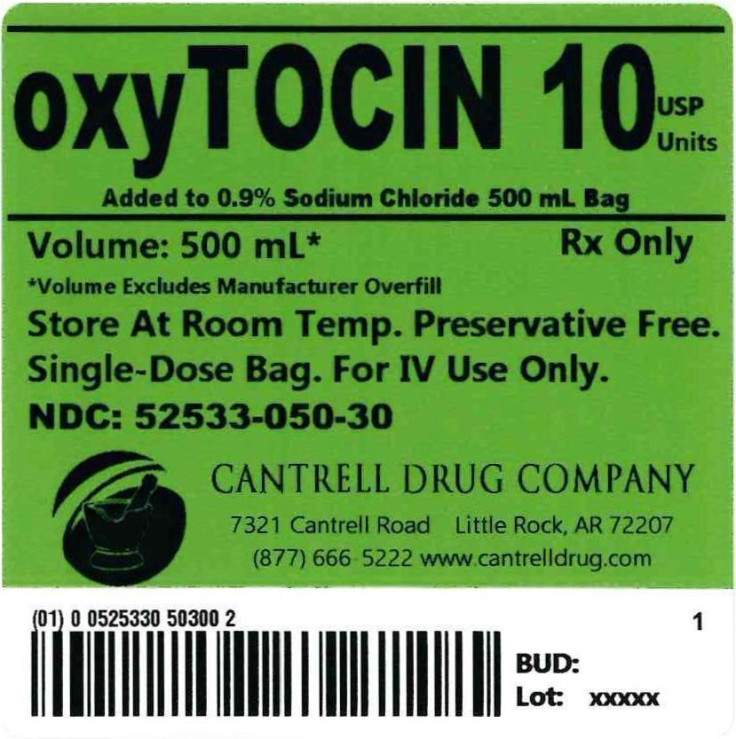Oxytocin Helps Ease Social Rejection, Suggesting Therapeutic Treatment For Depression And Bipolar Disorder

For those who fear they may be insufficiently neurotic, help is on the way.
A hormone most often associated with childbirth and breastfeeding has been shown important to regulating mood with regard to social behavior, particularly following a social setback. Particularly, oxytocin has been shown effective in restoring a person's sense of trust in others following social rejection, such as a romantic breakup or — for those more neurotic — that weird look from that lady on the bus yesterday morning.
Mark Ellenbogen and Christopher Cardoso, researchers at Concordia's Centre for Research in Human Development, examined the hormone's role in conspecific relations with regard to trust, furthering the niche field of psychoneuroendocrinology.
"That means that instead of the traditional 'flight or fight' response to social conflict where people get revved up to respond to a challenge or run away from it, oxytocin may promote the 'tend and befriend' response where people reach out to others for support after a stressful event," Ellenbogen told reporters. "That can, in turn, strengthen social bonds and may be a healthier way to cope."
In a double-blind experiment, the researchers administered either oxytocin or placebo via nasal spray to 100 students, who were then subjected — unwittingly, of course — to social rejection. In a staged conversation students believed to be real, researchers posing as other students behaved rudely, disagreeing and interrupting speech, and at times ignoring the unsuspecting students. Afterward, students answered mood and personality questionnaires, the one's who'd sniffed oxytocin reporting greater trust in others in comparison to the others, who were decidedly less chill.
Cardoso, a doctoral student in psychology there, said study of the hormone may provide future therapeutic options for those suffering mental health conditions characterized by high levels of stress and low levels of support, such as depression. "If someone is feeling very distressed, oxytocin could promote social support seeking, and that may be especially helpful to those individuals," he said, adding that people with depression tend to withdraw socially rather than actively seeking relationships that might alleviate the condition.
The contribution of stress in development of mood disorders, such as depression and bipolar disorder, has long intrigued Ellenbogen. "I'm concerned with the biological underpinnings of stress, particularly interpersonal stress, which is thought to be a strong predictor of these mental disorders," she said. "So, oxytocin is a natural fit with my interests. The next phase of research will begin to study oxytocin's effects in those who are at high risk for developing clinical depression."
Yet, the use of oxytocin as a therapeutic drug for mood disorders may require a bit more finesse from researchers and clinicians given the greater variability of individual and contextual factors in response to the hormone, Cardoso said.
"Previous studies have shown that natural oxytocin is higher in distressed people, but before this study nobody could say with certainty why that was the case," Cardoso said, "In distressed people, oxytocin may improve one's motivation to reach out to others for support. That idea is cause for a certain degree of excitement, both in the research community and for those who suffer from mood disorders."
Source: Bonfield CM, Lam S, Lin Y, Greene S. The impact of attention deficit hyperactivity disorder on recovery from mild traumatic brain injury. Journal of Neurosurgery: Pediatrics. 2013.



























